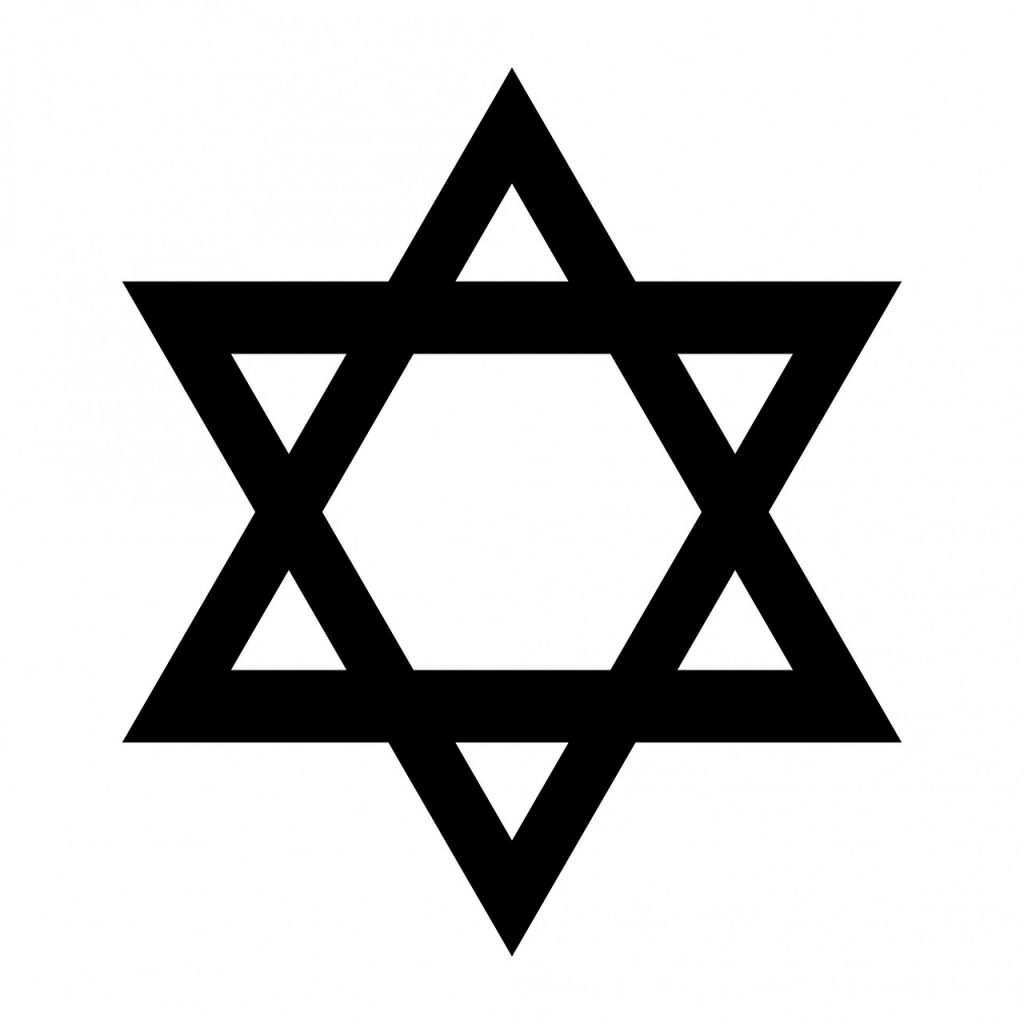Most books about the Holocaust speak of the negatives with the horror of all the people killed during that time. There aren’t many books with positive stories except the few about survivors. While there were many more people killed during the Holocaust, there were lots of survivors. The book I read was “Defiance: the Bielski Partisans”. It is a book about positivity and about survival just not about one specific person such as books by Eli Wiesel and books about Hannah or Anne Frank, this is about many people surviving the Holocaust.
It is based around a large group of people surviving in the wilderness, the forest, and swamps of Poland. It had one leader in charge of all the Jews fleeing from the Nazis, his name was Tuvia Bielski hence the name of the book. One of three brothers he is appointed to lead the Jews and throughout the book the population numbers keep increasing and increasing with some deaths along the way. There were two other brothers Zus and Asael. Both could have led the other Jews but they both agreed their older brother was much more suited to the care of the many than just themselves. They spent most of the time in hiding in underground bunkers, temporary places of living because of weather and the need to keep moving to avoid detection, but most of the time they had a permanent residence.
Tuvia’s main goal wasn’t just to oppose the Nazis like the other partisans, his motto was it was better to save 5 Jews then kill 2 Nazis. That is why unlike other partisans he would accept all Jews no matter who they were. Most partisans would only accept young men who could fight or had guns. Of course Tuvia wanted that as well but he wanted to save as many Jews as possible, so it didn’t matter if you were old, female or a kid, you would be allowed to join his partisans.
This made things harder for him to manage people who were old, women or kids who couldn’t fight or move fast, so he had to divide them up equally throughout the camp. Since the number of people grew larger and larger he had to make sub groups with armed men, and the ones who weren’t armed, and make it so they weren’t in conflict with one another. He was in charge of it all but had his brothers Zus, Asael, Aron in charge of other things like intelligence, food, making shelters, and in charge of the armed men. After gaining more and more people he placed certain people in charge of each sub group, as well and having more people join the main leadership as he needed more people’s help in dealing with the larger group of people.
Things weren’t always easy as others in the Bielski camp tested Tuvia’s leadership and tried to create trouble thinking they could do a better job. As I said Nazis, Poles, and Russian partisans would be out in the woods looking for them because they had become pretty famous for their work, many times they fled instead of fighting. There were still casualties including Tuvia’s wife in one of the runs while going for food from a nearby town.
They would have small groups go into town to get food and supplies but it would be dangerous to get there and back without someone seeing them and trying to kill them. While others who didn’t listen to Tuvia stayed in old bunkers believing they would be protected from the Nazis or partisans, but they turned out to be wrong. Lots of people would go on their own and felt if they brought their wives, kids, and older people it would slow them down, or stay in towns or join other partisans but those weren’t always so friendly to Jews.
One of the main things they did besides protect, save or find Jews who had fled from the Nazis was to send letters to people in ghettos to tell them they could help. The plan was to have them escape into the woods during the night and people from the Bielski partisans would find them and make them a part of the camp.
There was one time where the biggest planned attack from the Nazis would totally wipe them out and it even made the Poles and Russians flee. Tuvia talked it over with his council like group and they decided it was best to go through the swamps and settle in this island area because the Germans wouldn’t want to go into an area they didn’t know especially if it was swampy and muddy. The trip was hard for all the children and old people so some were carried.
They rested during the day and traveled at night. Tuvia made sure everyone did not leave their spot till the rest all arrived on the islands. They finally got there but some became lost so he and others went back to find them. Once they were there for a while they still ran into problems like not having enough food, plus with all their walking through mud they ruined their clothes. They decided to venture out to another forest area.
Most of the Russians weren’t nice to Jews but some had a good relationship with Tuvia that led to their helping and allowing them to travel freely without being killed. After their time on the island they finally built a forest community with tons of bunkers and living quarters. The nearby town was burned down by the Nazis but they used all the leftover stuff from the buildings to help build their own little Jewish community. They had people find food and plants and lots of other things in the fields in and the city.
They had a bakery, mill, tannery, bathhouse, metal workshop, slaughterhouse, soap factory, cattle shed, sausage shop, blacksmith, stable, school, health clinic, a headquarters, assembly hall, synagogue, workshops for shoemakers, tailors, barber shop, watchmakers, carpenters, hat makers, leatherworkers, prison, kitchen, food warehouse, and a place for the sick to be dealt with separately from the other hospital. Towards the end of the war the Bielski partisans had one big ghetto breakout and it took many days to plan and for it to succeed. They saved many more Jews with their last ghetto operation.
Tuvia was very accommodating to people’s needs no matter if they had skills or guns. He had the skill to fix someone’s shoes if they weren’t doing it because all the workshops were paid in food or other things and not all the people had that available. He also accepted the request for some not to work on the Sabbath and to have separate ovens for people keeping kosher only. Things did seem unfair if you weren’t one of the skilled people, armed men or part of his family or friends, but he made sure everyone got 3 meals a day and for people to shower. There weren’t official marriages but unlike the other partisans, women weren’t forced to sleep with the men if they didn’t want to. But lots of people were just couples.
The numbers of Jews saved in total reached more than 1200 that is listed in the back of the book. With the war ending Tuvia had to still lead his people in how to break into small groups for all them to find their small Jewish towns in the forest. He made sure they all were prepared with all the essentials and that they all made it out of the forest before he and his family would leave the forest. The number of survivors and their descendants reached the tens of thousands. After being in such a huge role and with no education, his life after wasn’t as successful, as he was a taxi driver in Israel while his brother Zus was a truck driver, but they both made it out alive and were able to go to Israel and live there.
The Holocaust survivor Nechama Tec did a great job showing how there were positive things that happened during the Holocaust and if it wasn’t for Tuvia and the other Bielski brothers and their partisans many more or even millions would have been killed not saved. With Eli Wiesel’s and other survivor accounts and other stories told, this one was more just than luck. This took skill, smarts, dedication, will, people skills, and just the want to save as many Jews as possible, while you put your own life and others at risk just saving all Jews no matter who they were.
Tuvia had to deal with thousands of Jews and not all were able men ready to fight or having guns, lots of them were old people, kids or women. He had to deal with people trying to challenge his leadership or stir up problems when those people were being selfish not thinking for the group as Tuvia always did. He had to deal with other partisan groups as well the Russians who were trying to control how they operated, moved and what they could take from the peasants in nearby villages. He had to deal with the loss of his wife as well. Many of the people in Bielski partisans all thought if anyone of the other brothers were to have led it wouldn’t have gone the same way and that he reminded of them Moses in the dessert leading the people.
Most of Botwinick’s book talks about all the deaths and the ways Jews were killed. Not many positive stories about survival. Most of the accounts were from the people killing the Jews or the people watching it. It does talk about ghetto uprisings in Warsaw and other places. It does talk about the German partisans who were killing the Jews who were hiding the forest or woods which coincides with the book Defiance.
In the end the story of Tuvia Bielski, his brothers and their partisans with resistance towards the Nazis and partisans is one of the most positives stories from the Holocaust to exist and it wasn’t just one person luckily being saved, it was thousands of people who were saved. We need to promote the positives more because most of the time it is all about the negative parts and of course it was terrible but if it wasn’t for their efforts more people would have died in the ghettos or trying to survive for themselves in the forest.
Tuvia and his brother should be remembered as heroes and not anything negative as the author mentions that some people had negative things to say about them. There impact led to many people being saved and producing more Jews to keep the Jewish people alive still. The movie wasn’t 100% accurate but it was a good representation of the courageous acts Tuvia, his brothers and partisans did so I hope we all remember them for a long time.

